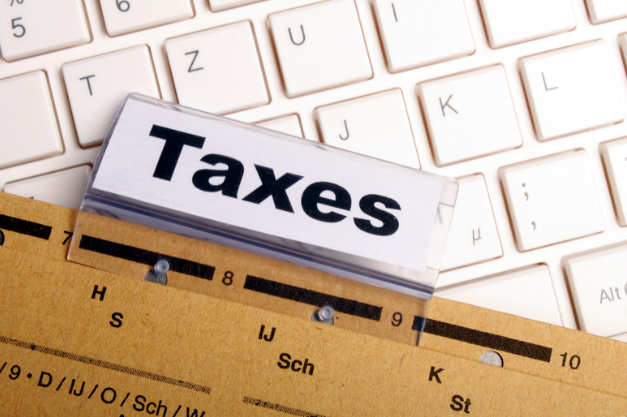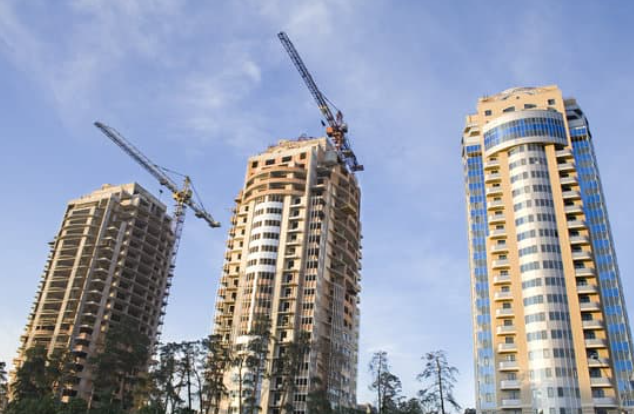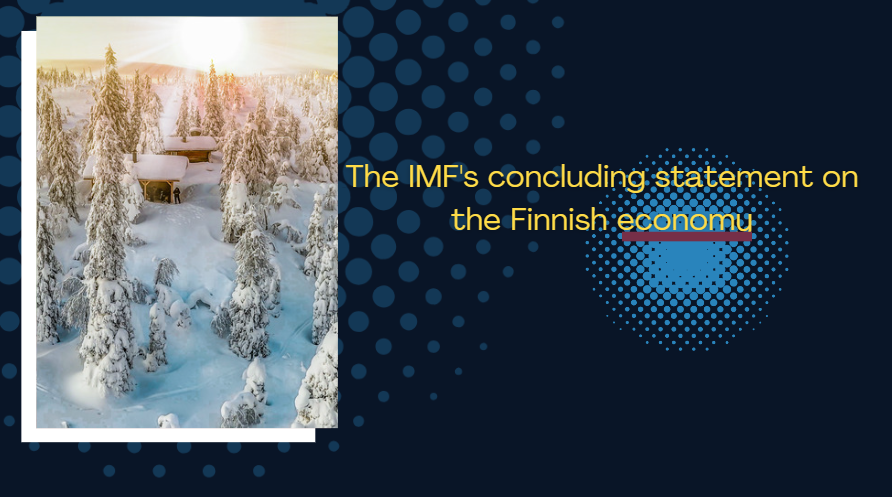China's New Tax Policies Aim to Revitalize Real Estate, Stabilize Economic Growth Prospects
China has introduced a series of tax policy adjustments aimed at supporting its real estate market, which has faced prolonged challenges since 2021, dampening the nation's economic momentum.
On November 13, the Ministry of Finance, along with the State Tax Administration and the Ministry of Housing and Urban-Rural Development, released updated policies focused on reducing transaction costs for homebuyers and alleviating financial burdens on property developers. These adjustments, effective December 1, reflect China’s broader strategy to counter the economic drag imposed by a sluggish property sector, which has historically contributed nearly 25% to the country's GDP.
////
New Tax Measures to Support Housing Demand
ONE

The new policies include significant deed tax reductions for primary and secondary homebuyers, particularly for properties under 140 square meters. These adjustments lower the deed tax rate uniformly to 1% across the country, enhancing affordability and encouraging home upgrades. In high-demand cities like Beijing, Shanghai, Guangzhou, and Shenzhen, second-home buyers now benefit from this reduced rate, aligning with the national goal to meet both essential and upgraded housing needs. Zhang Dawei, chief analyst at Centaline Property, emphasized that these reforms could stimulate demand, especially among families seeking larger living spaces, thereby helping stabilize the market.
Further adjustments target land appreciation tax prepayment rates, reduced by 0.5 percentage points, aiming to alleviate the financial strain on developers. These reductions are expected to ease cash flow issues for property firms, many of which have faced significant liquidity challenges amid the downturn.
////
Impact on Secondary Housing Market and VAT Exemptions
TWO

For secondary home sales, new rules eliminate distinctions between ordinary and non-ordinary housing, which previously impacted tax liabilities. Now, in cities where this classification has been removed, homes held for over two years are fully exempt from value-added tax (VAT). This shift is particularly impactful in major metropolitan areas, where VAT on non-ordinary home sales previously added to transaction costs, potentially deterring market activity. The new regulations are designed to reduce overall transaction costs and improve market fluidity, further supporting real estate sector recovery.
////
Macroeconomic Implications and Forward Outlook
THREE
These tax measures align with a broader policy direction China has pursued since September to stimulate its economy. This includes adjustments to minimum down payments and other fiscal tools aimed at supporting domestic demand. October's data, showing a 0.9% year-on-year rise in new home sales and an 8.9% increase in second-hand home transactions, suggests initial success in stabilizing the market. Moody's, however, cautioned that while these policies are expected to mitigate declines in property sales over the next 12 to 18 months, persistent issues such as slowed economic growth and concerns over incomplete housing projects continue to weigh on buyer confidence.
As China seeks to reach its 2024 growth target of approximately 5%, continued adjustments in property-related policies are likely, suggesting an adaptive approach to sustain market recovery. This package of tax incentives not only addresses immediate fiscal relief but also reflects a long-term commitment to real estate as a foundational pillar of economic stability and growth.






















































First, please LoginComment After ~